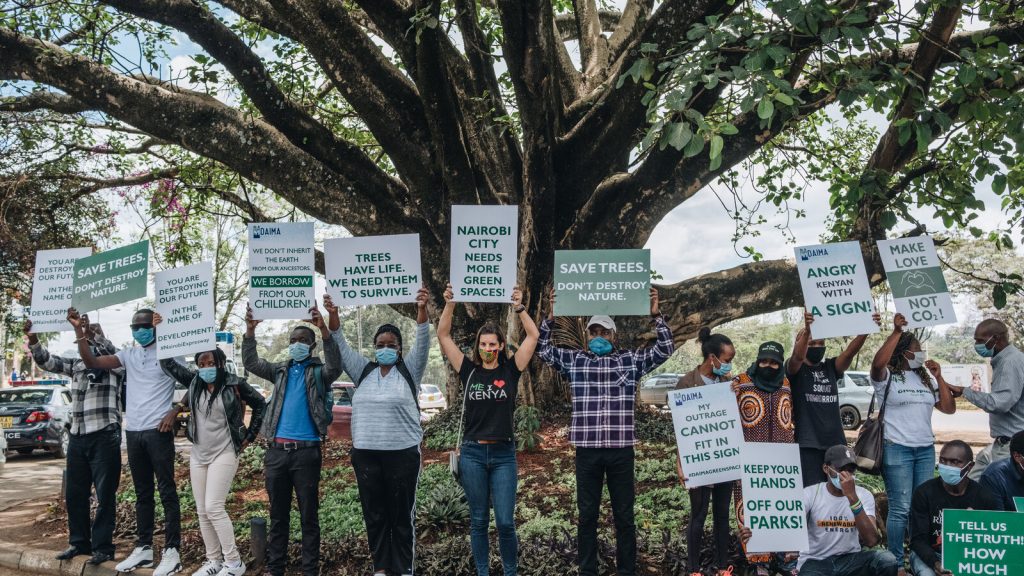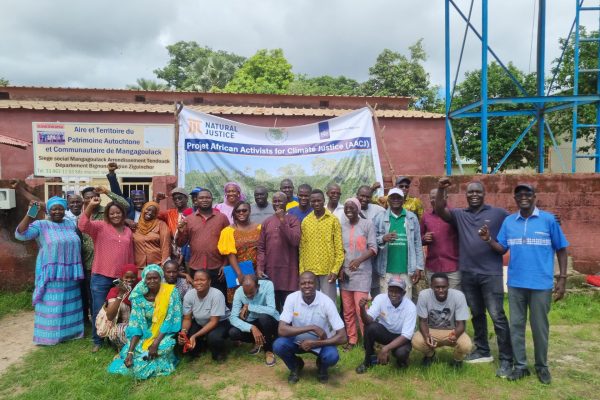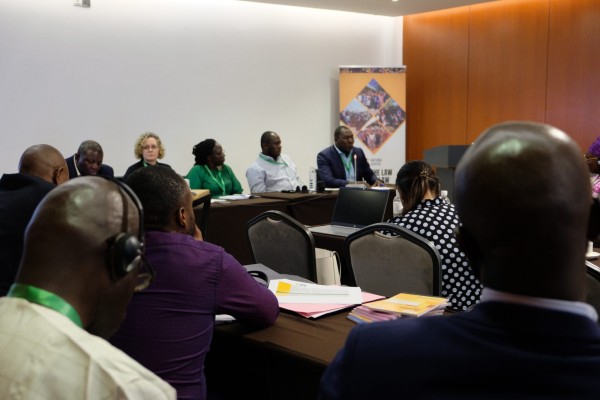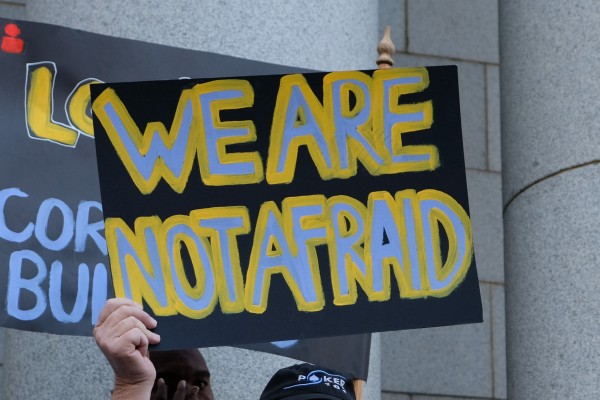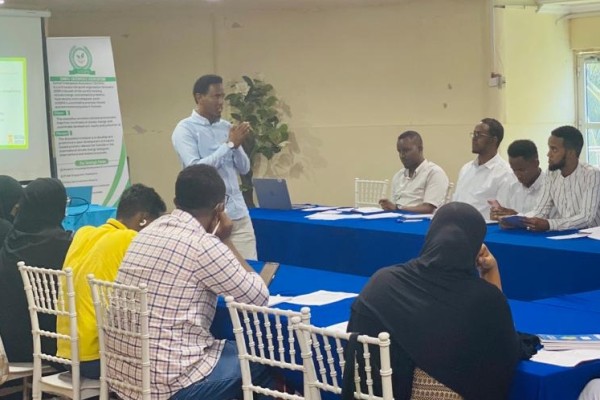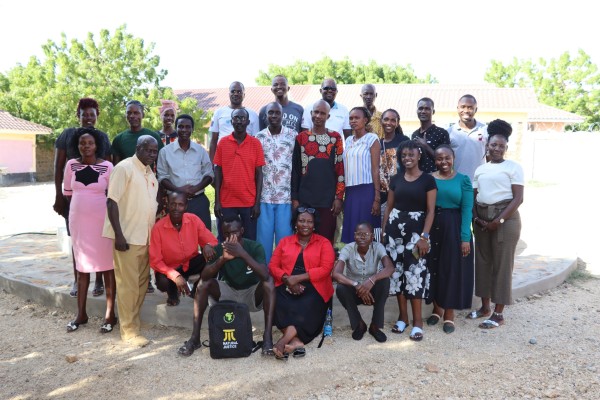17 October 2024: Natural Justice, together with land and environmental defenders from Africa, will be participating in the Convention on Biological Diversity Conference of the Parties 16 (COP16) in Cali, Colombia, starting next week from 21 October to 1 November.
Under the theme, Peace with Nature, COP 16 is the first Biodiversity COP since the adoption of the Kunming-Montreal Global Biodiversity Framework (KMGBF) at COP 15 in December 2022 in Montreal, Canada.
Fostering peace and harmony with nature is Colombia’s message to states across the world in recognition of the unequal, destructive and extractive activities, especially those associated with fossil fuels, that overexploit nature, violate human rights and accelerate mutually reinforcing planetary crises like biodiversity loss, climate change and pollution.
Like the Climate COPs, the CBD COPs are important for governments from across the world to collectively mitigate environmental crises, and to commit to environmental policies and democracy, in this case the full and effective implementation of the Global Biodiversity framework.
While the world has focused on the Climate COPs as important platforms for government commitments, the biodiversity COPs are just as crucial for our future on earth. Biodiversity is the backbone of all life, and one of the strongest contributors to climate mitigation and adaptation.
Natural Justice will be contributing to discussions and observing negotiations related to the important role of Indigenous Peoples and local communities in biodiversity protection and safeguarding our land, environment and climate.
We will be advocating for the inclusion of language on equity, justice and a human rights-based approach to the implementation, monitoring and financing of the KMGBF, with a specific focus on the urgent need for state parties to respect, protect and fulfill the rights of environmental and land defenders who are increasingly facing reprisals for their important activism in safeguarding land, oceans and environmental democracy as a whole.
One of the important ways that Natural Justice will contribute is through amplifying the calls for action from Indigenous Peoples and defenders from Africa. For over ten years we have worked closely with communities across many countries in the Southern, Eastern and Western regions of the continent who face ongoing challenges in the face of environmental exploitation, land grabbing, illegal extractive industries, and expulsion from Indigenous land and pollution. Through legal empowerment, litigation, advocacy and biocultural community protocols, Natural Justice supports and empowers communities to safeguard and protect their land, access recourse and justice, and ultimately exercise their human rights and self-determination.
We will be issuing a statement following the conclusion of the COP16 in the first week of November.
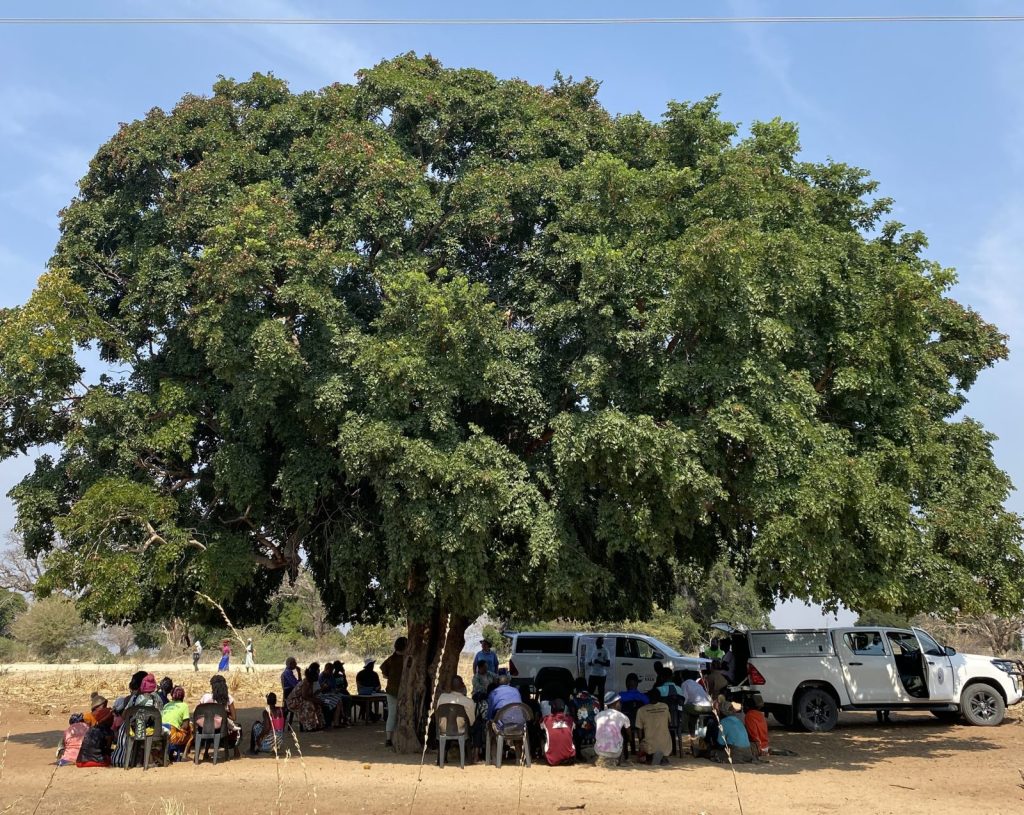
“COP16 is a chance for civil society and defenders to hold our governments accountable to legally binding agreements obligating states to protect and fulfil our rights to a clean, healthy and sustainable environment. The multiple planetary crises pose not only an existential threat to humanity, but also to our fundamental human rights. This year, both at COP16 and COP29, we will be reminding governments of the need for policy alignment to address climate change and biodiversity loss, and the urgent need to ensure a human rights-based approach is central to biodiversity protection and the implementation of the Framework.” Katherine Robinson, Natural Justice, Head of Campaigns.
“Concretizing these global engagements requires the revision of the national biodiversity strategies of every state. Only twenty-percent of countries have completed this process ahead of COP16. Despite the urgency, it is crucial that the countries actively promote and support the inclusive and gender responsive participation of rights-holders, especially of the indigenous people and local communities, in the review, implementation and monitoring mechanisms of national strategies, in line with the ‘whole of society approach’ they have committed to ensure. Natural Justice follow closely the unfolding of processes in African countries.” Jazzy Rasolojaona, Natural Justice, Programme Manager.
“We will be following the negotiations on the targets to ensure that an effective monitoring system is adopted, one that ensures compliance, accountability and enforcement. We are particularly concerned with Target 3 and Target 22 of the GBF. Our work at Natural Justice is rooted in the struggles of communities, and these two targets are important because they established progressive standards for the protection of the rights of communities, especially environmental defenders. They also acknowledge the role of communities in climate change and biodiversity protection, giving them political agency in decision-making, which even the UNFCC COP has not done, so far. We are, therefore, determined to see that the action by state parties and non-state actors to implement the GBF meets its ambition. For instance, Target 22 should have headline indicators by the end of the COP16, to ensure critical review of state party and non-state actors’ compliance and accountability in relation to human and environmental rights protected under international law.” Jacqueline Rukanda, Natural Justice, Programme Manager.
“COP 16 is significant for the communities we work with because it will, among other key issues, focus on the role of Indigenous peoples and local communities within the CBD. We want to use this critical opportunity to advocate for stronger indicators for environmental defenders under target 22. The final text from the Kunming-Montreal Global Biodiversity Framework includes a brief phrase under target 22 that places an obligation on Parties to ‘ensure the full protection of environmental human rights defenders’. We believe there is a need for detailed metrics that would measure Parties’ legal protections for environmental defenders, their access to justice, and human rights abuses. Secondly, we join other organizations in cautioning against the Framework’s focus on ‘protected areas’ under target 3. This could potentially translate into militarized forms of conservation and intensify human rights abuses. As Natural Justice we will be present a set of key demands at COP 16, formulated by African environmental Defenders, that calls on Parties to protect, promote and recognize the role of environmental human rights defenders in protecting biodiversity”. Tawonga Chihana, Natural Justice, Coordinator – African Environmental Defenders Initiative.

